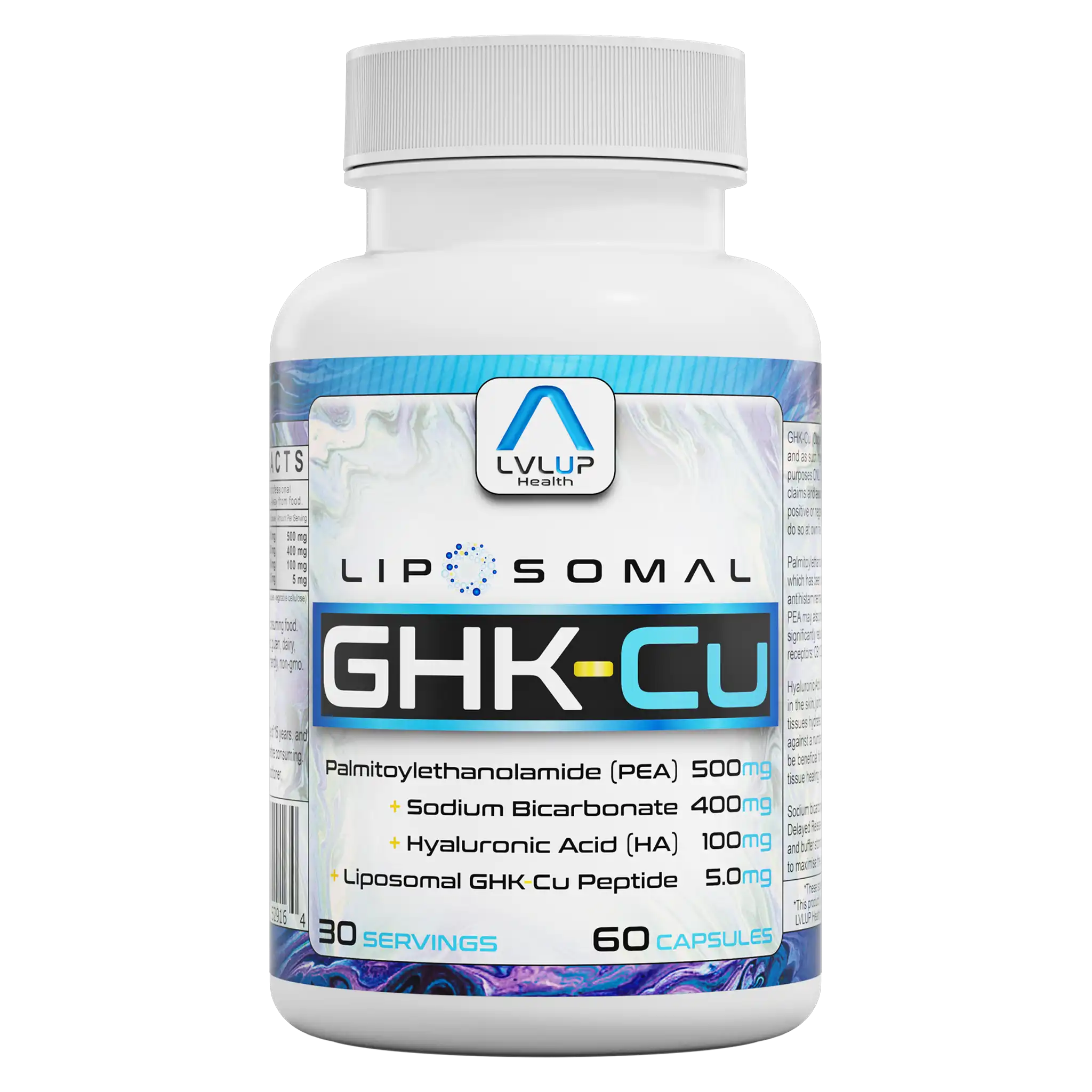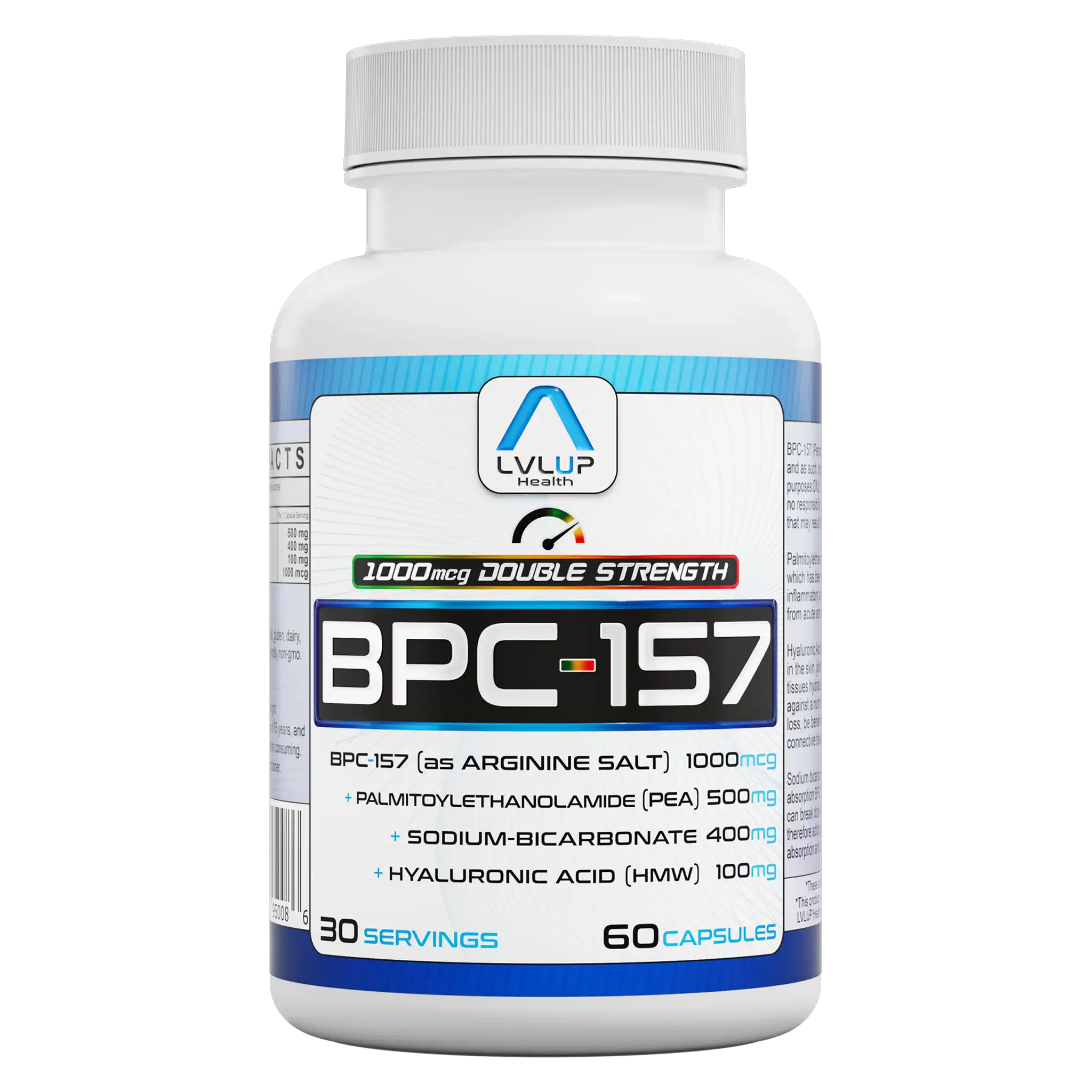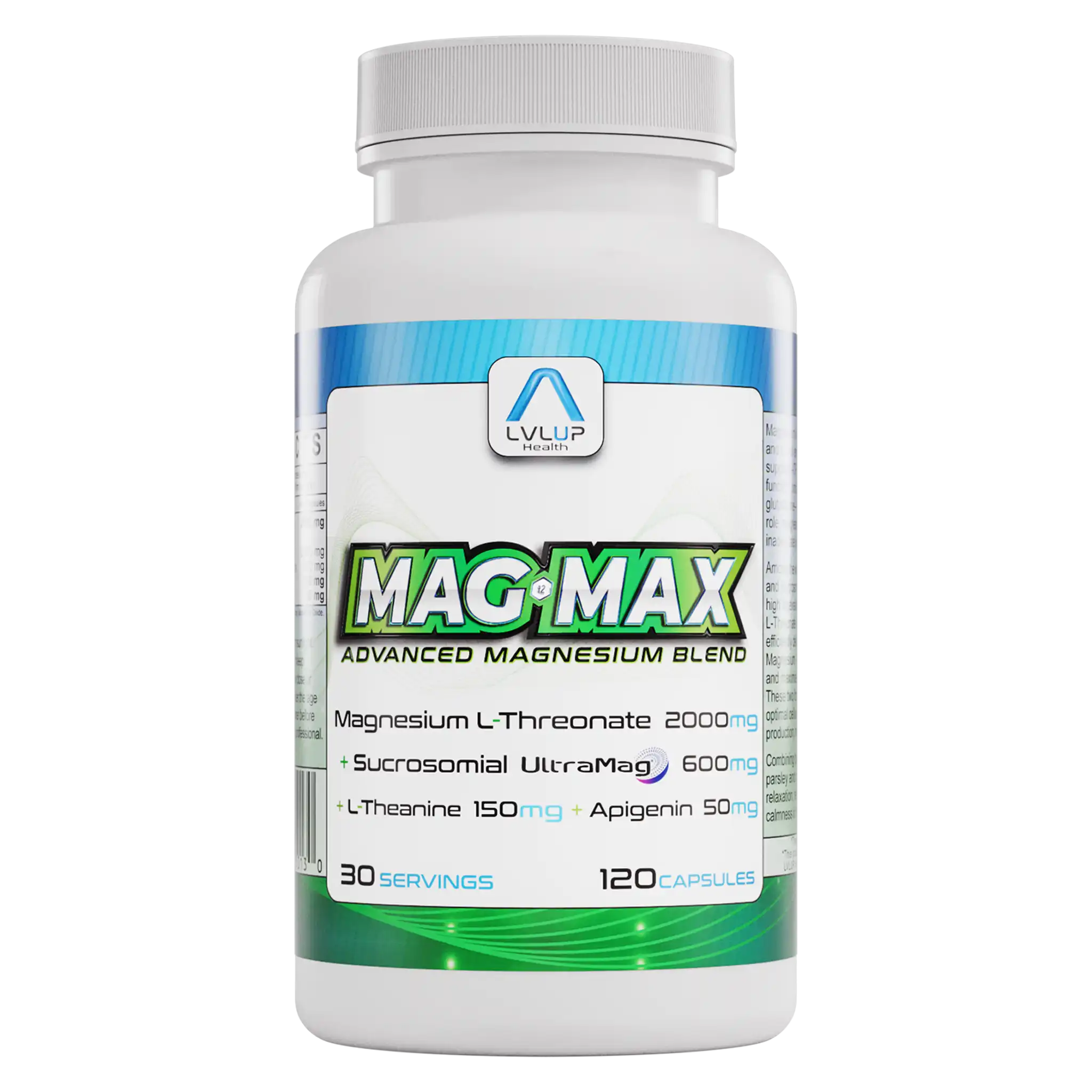Magnesium L-Threonate
About Magnesium L-Threonate
Unique Composition
n
Magnesium L-Threonate combines magnesium with threonic acid, a compound derived from vitamin C, for targeted application inside the body. It’s commonly found in capsules or powders for daily use and complements calming routines perfectly.
n
n
Potential Benefits
n
Many users are drawn to Magnesium L-Threonate for its potential to promote relaxation and a sense of balance. It’s often the go-to for those feeling overwhelmed, seeking support to unwind after a hectic day, or interested in muscle relaxation and general wellness.
n
n
Scientific Interest
n
This form attracts attention for how it may interact with neurotransmitter activity and receptors in the brain. While specific mood or cognitive effects can’t be directly claimed, its popularity hints at these interests. Some research even explores its role in stress response and hormone system interactions.
n
n
Physical Well-being
n
Magnesium L-Threonate is also studied for its impact on headaches and muscle tension, appealing to athletes and desk-bound workers alike. Its high absorption rate and gentle nature make it easy on the stomach while delivering magnesium where needed.
n
Formulated With
Detailed Information
Chemical Structure and Absorption
n
Magnesium L-Threonate (MgT) is created by binding magnesium with L-threonic acid, a metabolite of ascorbic acid. This increases solubility and permeability across biological membranes, including the blood-brain barrier, through active transport with ascorbate-sensitive transporters.
n
n
Pharmacokinetics and Distribution
n
Preclinical models show enhanced cerebrospinal fluid magnesium concentrations after MgT administration compared to traditional magnesium forms. It exhibits a unique bio-distribution pattern, ensuring higher CNS uptake without significant elevation of serum magnesium levels.
n
n
Neurotransmission Modulation
n
Studies suggest that MgT modulates both inhibitory and excitatory neurotransmission by regulating ion channel function, affecting NMDA and GABAergic receptor subtypes. This interaction may enhance GABA signaling while reducing excess glutamatergic excitation, possibly explaining the calming effects observed.
n
n
Endocrine and Muscular Effects
n
Emerging research evaluates MgT’s influence on endocrine pathways, particularly in the HPA axis and cortisol regulation. Some pilot studies have assessed its efficacy in reducing tension-type headaches and improving muscular relaxation through better intracellular Mg2+ buffering.
n






